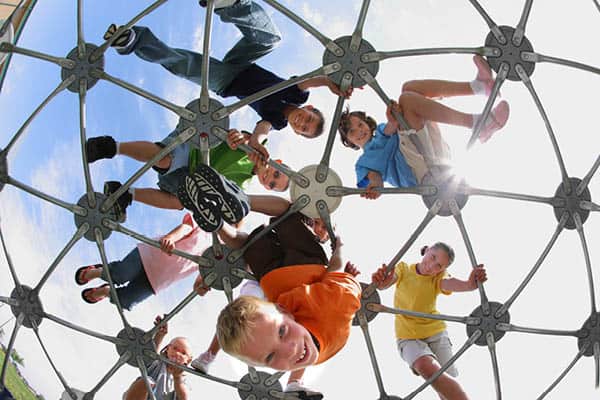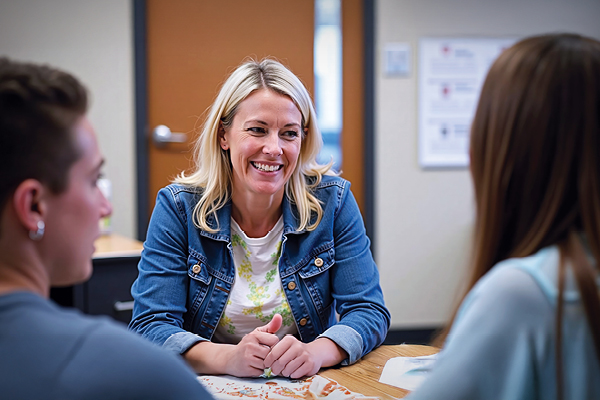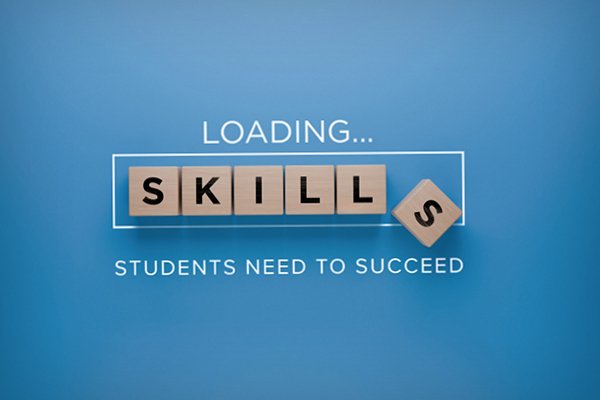The increase in childhood mental health issues, steadily on the rise in the last few decades, may be at least somewhat linked to a lack of play in general and independent playtime, unsupervised play in particular, Psychology Today reported.
The decline in childhood autonomy has myriad causes, experts say. Among the many contributing factors cited is that children are less likely to walk to school with friends, less likely to play at school as recess gets shorter and children spend more leisure time on screens.
Other possible factors adding to the spike in mental illness, Psychology Today reported, is loneliness, the lack of in-person social interaction, the rise in the use of social media, and lingering pandemic trauma.
One new paper published in the Journal of Pediatrics argues that the rise in mental health problems that have been documented in children over the last several decades is directly related to restricting their autonomy and, in effect, how much they can play by themselves, according to an article in EdSource. Researchers are making the claim that increases in children’s anxiety and depression are due (at least in part) to the decrease in children’s independent playtime, without the supervision of an adult.
But is this mental health crisis because children play less on their own? Play is certainly on the decline. Parents report that their children play outside far less than they did, and children are far less likely to walk to school with their friends (instead of their parents) than in previous years.
One study shows that between the years 1981 and 1997, unstructured playtime dropped by about 25 percent and a more recent survey of nearly 9,000 families with preschool-aged children in the United States indicated that about half do not go outside to play regularly.
This is happening for a number of reasons. A survey of U.S. schools suggests that only 40 percent of schools have a designated policy for outdoor play. And children are spending more time on screens, often saying that they prefer electronic games to playing outside. Parents are also working more, and there are usually more concerns about safety when it comes to playing outside versus inside where kids don’t have to be monitored as much.
Whatever the cause, the numbers don’t lie — mental health problems are on the rise, for everyone. The question is, what do we do about it? The implication of the research presented here is that independent play, particularly with friends, could be helpful for children’s mental health. And, likewise, perhaps some “play” among adults would be useful as well. This is especially true for parents, as getting out once in a while for some adult leisure time might not only help parents’ mental health, but it might also trickle down to support their children’s well-being. It likely won’t solve our mental health crisis completely, but it’s a place to start.
Psychology Today / EdSource





